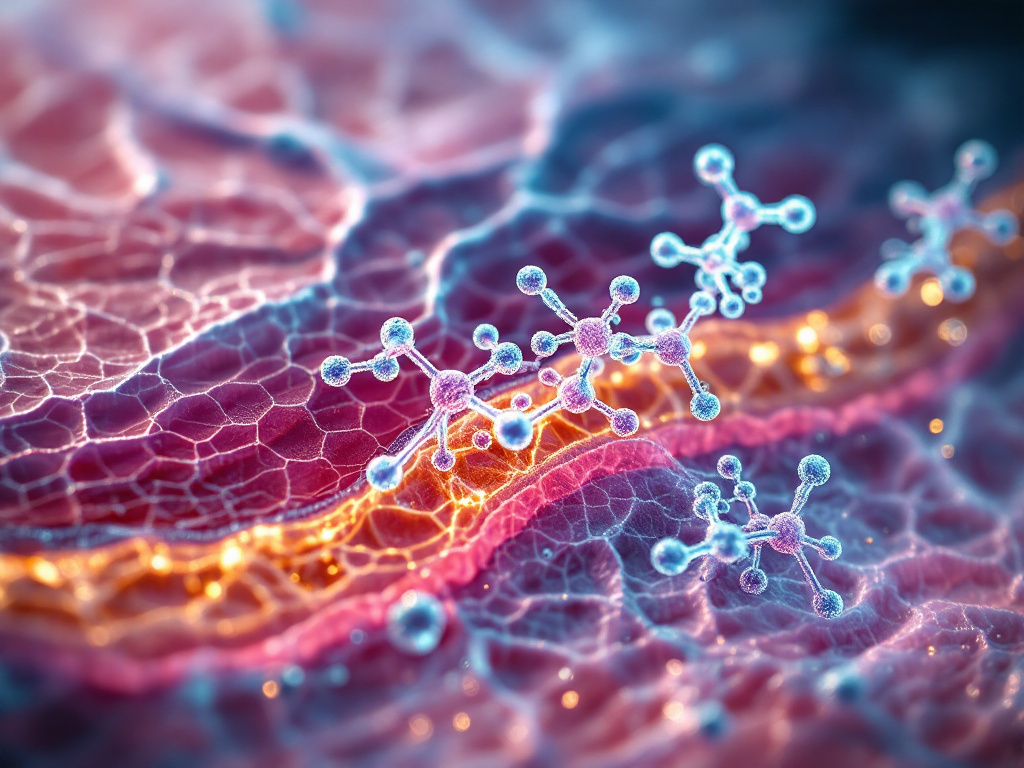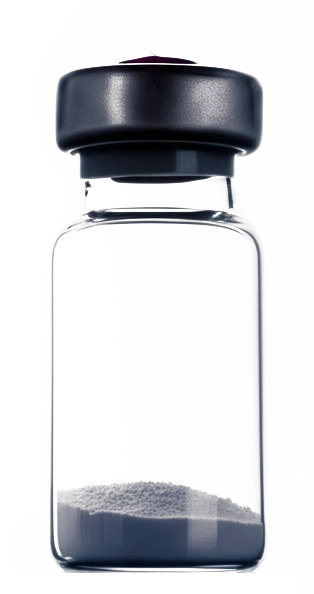
Peptides are short chains of amino acids, which are the building blocks of proteins. In skincare, peptides act as messengers, signaling skin cells to perform specific functions like producing collagen and elastin. These proteins are crucial for maintaining skin firmness, elasticity, and overall health. Without sufficient peptides, the skin may show signs of aging, damage, and reduced barrier function. They are integral to the skin repair process, making them essential ingredients in skincare formulations aimed at improving skin resilience and appearance. They are also responsible for peptides for skin inflammation reduction. They can also help with peptides for redness reduction, resulting in a more even skin tone. A regular skincare routine that includes peptides can help the skin recover from environmental stressors.
Peptides enhance skin barrier function by stimulating the production of essential proteins that fortify the skins structure. The skin barrier, or stratum corneum, is the outermost layer of the skin that protects against external aggressors such as pollutants, UV radiation, and pathogens. Peptides promote the synthesis of collagen, elastin, and other structural proteins that reinforce this barrier, making it more resilient and less permeable. This improved barrier function helps to retain moisture, prevent dehydration, and reduce the penetration of harmful substances that can cause irritation and damage. Using peptides for damaged skin provides the materials to recover faster and more efficiently. Peptides are essential for environmental protection of the skin.
Several types of peptides are particularly effective for enhancing skin barrier function. Signal peptides, for example, stimulate collagen production, improving skin firmness and elasticity. Carrier peptides deliver essential trace elements like copper and magnesium, which are vital for enzyme activity and skin repair. Neurotransmitter peptides can help reduce inflammation and soothe sensitive skin. Each type of peptide works differently to support and strengthen the skin barrier. The best formulations often combine multiple types of peptides to provide comprehensive support, addressing various aspects of skin health and barrier function.



Peptides play a crucial role in skin repair by signaling cells to produce more collagen and elastin, the proteins responsible for skin structure and elasticity. When skin is damaged due to environmental factors, injury, or aging, the production of these proteins decreases. Peptides stimulate fibroblasts, the cells that synthesize collagen and elastin, to ramp up their activity. This enhanced protein production helps to rebuild the damaged skin matrix, improving its strength, resilience, and appearance. Additionally, some peptides possess antioxidant properties that protect the skin from further damage by neutralizing free radicals. Peptides are therefore essential for peptides for UV damage repair.
Yes, certain peptides have anti-inflammatory properties that can significantly benefit sensitive skin conditions like eczema and rosacea. These peptides work by modulating the immune response in the skin, reducing the production of inflammatory molecules, and calming irritated tissues. For individuals with peptides for sensitive skin, this can translate to reduced redness, itching, and discomfort. Peptides can also help to restore the skins natural barrier function, which is often compromised in sensitive skin conditions, making it less susceptible to irritation from external factors. Using peptides for rosacea can significantly improve skin health. Peptides for eczema relief can also reduce flare-ups and improve the overall condition of the skin.
Peptides protect skin from environmental stressors through multiple mechanisms. First, many peptides act as antioxidants, neutralizing free radicals generated by exposure to UV radiation, pollution, and other environmental toxins. By scavenging these free radicals, peptides prevent them from damaging skin cells and causing premature aging. Second, peptides strengthen the skin barrier, making it more resistant to the penetration of harmful substances. A robust skin barrier prevents pollutants and irritants from reaching deeper layers of the skin, reducing inflammation and damage. Finally, some peptides stimulate the production of protective proteins like heat shock proteins, which help cells withstand stress and maintain their function under adverse conditions. These properties make peptides essential for environmental protection.



To maximize the benefits of peptides, incorporate them strategically into your daily skincare regimen. Start with a gentle cleanser to prepare your skin, followed by a peptide-rich serum or cream. Apply these products after cleansing and toning, but before heavier moisturizers or sunscreens. Peptides work best when they can directly interact with skin cells without interference from other products. Consider using peptide-containing products both in the morning and evening for continuous support. Consistency is key, as it takes time for peptides to stimulate collagen production and improve skin barrier function. Be patient and persistent with your routine to see noticeable improvements in your skins health and appearance. If you are looking for peptides for barrier restoration, look for serums and creams.
While peptides are generally well-tolerated, some individuals may experience mild side effects, especially when first introducing them into their skincare routine. These can include slight redness, itching, or dryness. To minimize the risk of adverse reactions, start with a low concentration of peptides and gradually increase as your skin adjusts. It is also important to patch-test new products on a small area of skin before applying them to your entire face. Be cautious when combining peptides with certain active ingredients like AHAs/BHAs or high concentrations of vitamin C, as these combinations can sometimes cause irritation. If you experience persistent irritation or discomfort, discontinue use and consult a dermatologist.
Several key ingredients work synergistically with peptides to enhance skin barrier strength. Ceramides are lipids that naturally occur in the skin and are essential for maintaining the integrity of the skin barrier. Hyaluronic acid is a potent humectant that attracts and retains moisture, keeping the skin hydrated and plump. Niacinamide, a form of vitamin B3, strengthens the skin barrier, reduces inflammation, and improves skin tone. Antioxidants like vitamin E and green tea extract protect the skin from environmental damage and support overall skin health. When combined with peptides, these ingredients create a comprehensive approach to skin barrier restoration, resulting in healthier, more resilient skin.
Here is a recap of the questions answered in this article about peptides and skin barrier function:

